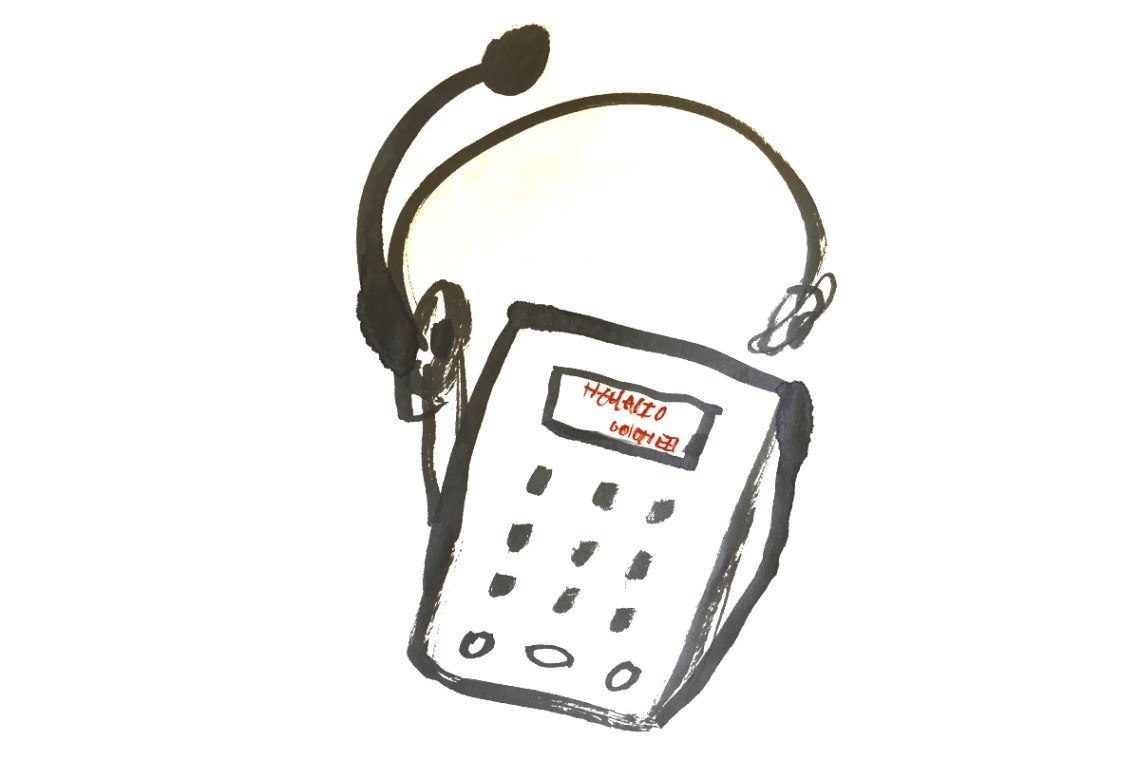Why does life feel different to me since Monday night, when I opened Twitter and saw the news? “And the stone word fell / On my still-living breast. / Never mind, I was ready. / I will manage somehow,” Anna Akhmatova writes in “The Sentence,” a poem I keep thinking of when I consider my reaction. It was composed in 1939 by a woman enduring an interminable sequence of losses during Stalin’s Great Purge, and I first read it when I was an undergrad who’d not yet had an abortion. But I was pro-choice and unafraid to say it, often with the addendum that I’d never exercised the right. I don’t think it was the act’s stigma that compelled me to offer that information; when I did eventually abort, years later, I told my mother, my friends, anyone. (I joked with the nurses, hugged the doctor, and left the clinic elated, not merely shame-free but shame-proof.) Rather, I distanced myself to emphasize how reasonable I was, to signal that I was an objective party whose opinion should matter. Like a judge, or someone with a penis.
I couldn’t tolerate more than a few pages of the leaked draft, which is incoherent from the start, full of rhetorical errors. It affirms that the powerful don’t need to justify themselves, and cannot, because their abuses are unjustifiable. Their sheer existence is an affront; their presumption of dominion, an obscenity. So instead they brandish their stolen authority to convey their point, which is that they, and only they, make decisions for the rest of us. Reading the opinion reminded me that the first liberation is freeing yourself from thinking as our self-appointed rulers think, if what they do can be called thought. Their corrupt mechanisms must be abandoned completely. No more disingenuous debate over fantasies about zygotes and God, no more futile daydreams of shared goals or foul concessions (“exceptions” for sufficiently proven rape and incest) that might grant some people rights, some of the time. What good could come of treating this document as worthy of rebuttal? You can’t refute a void.
That kind of divestment requires thinking beyond abortion, knowing that criminalization of survival is not new, intentional impoverishment not new, mandated death not new. Every week that I handle calls on the abortion fund’s hotline is a week spent confronting the mundanity of the struggle for dignity, the vast variety of engineered cruelties people face in this country when they are in need. Laws are foundational to, but not the entirety of, the problem. Whose healthcare in America is easily obtained, or affordable, or kind? How many people are securely housed? How many have adequate and reliable income? Or true privacy—and protection—from their parents, their partners? These deprivations are indiscriminate and personal. The hole at the center of the state gapes wider every day. More and more of us fall in.
I’m not sentimental about my abortions but I am a little sentimental about what they revealed to me, how they deepened my understanding of my own relationship to the world. Could I explain that to someone else? It depends on who I speak to, and why. Akhmatova wrote “The Sentence” after a woman waiting in line with her outside Leningrad’s prison recognized her as a poet and asked, “Can you describe this?” It seems right to me that she wrote for the others who’d gone through it. Storytelling we can do for ourselves, but never for them, the ones who issue the sentence. Our abjection is not a tool and doesn’t move them; it emboldens them.
We don’t need to earn with supplication the autonomy into which we’re born. We don’t need to justify what we do with our own bodies. The only part of my past I regret or rebuke is my credulity—any moment when I degraded myself by believing in the integrity of these systems. The privacy of my experiences, which is to say my interiority, is not bestowed and therefore can’t be stripped away. Perhaps that’s the ultimate provocation to our enemies: the inextinguishable, rogue insistence of the self, of our distinct and righteous and deserving selves. I am not objective. I recognize my inviolable right to myself and I condemn this court with all I am, all I’ve ever been, and all I ever will be.


